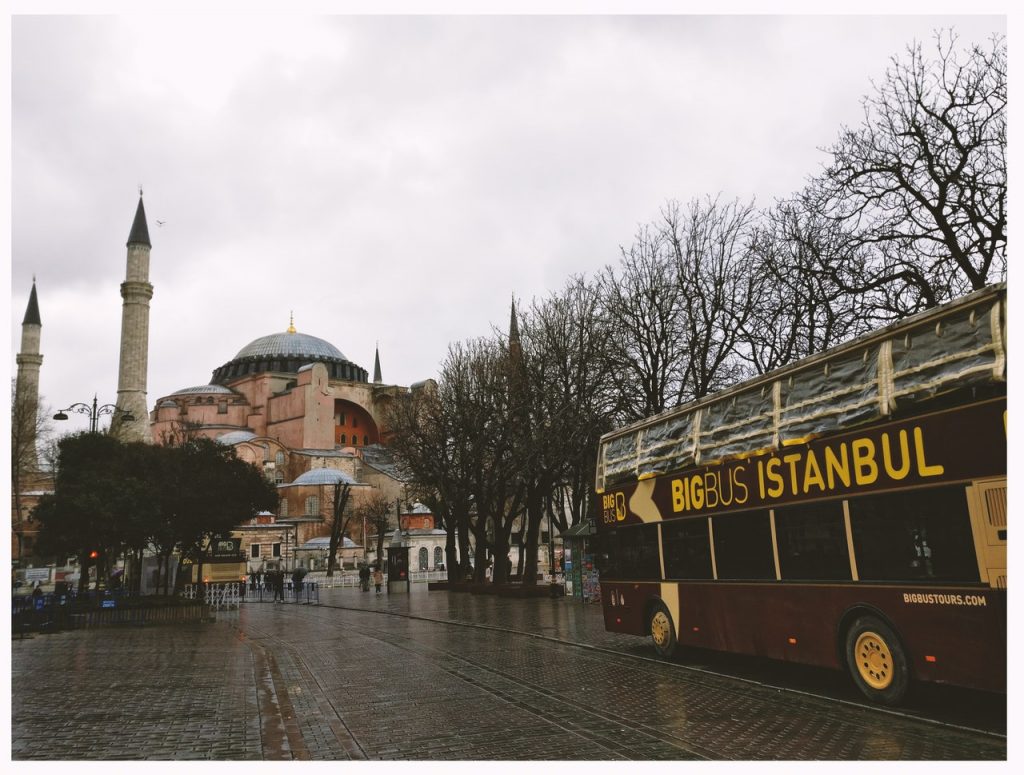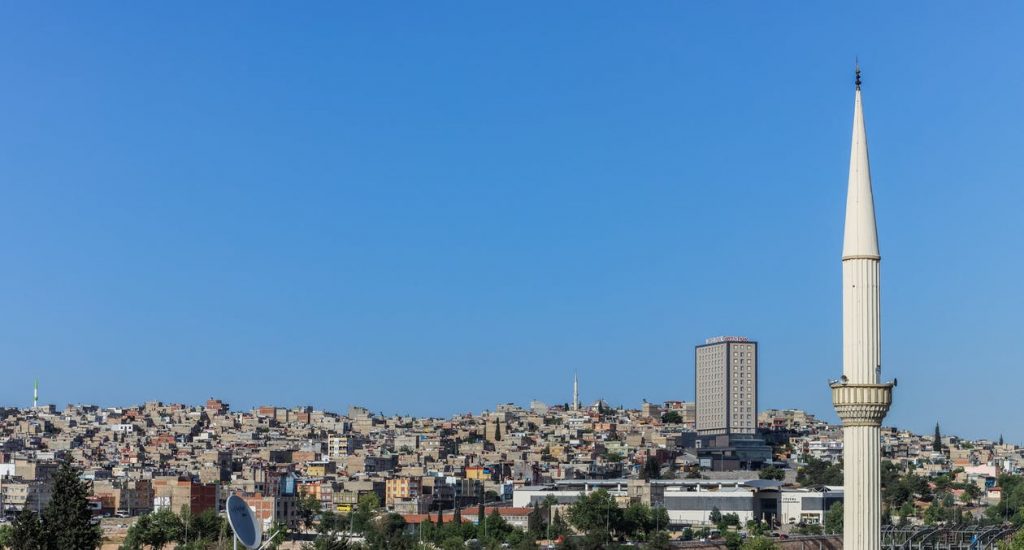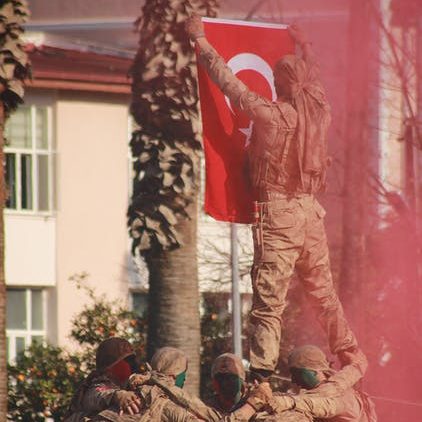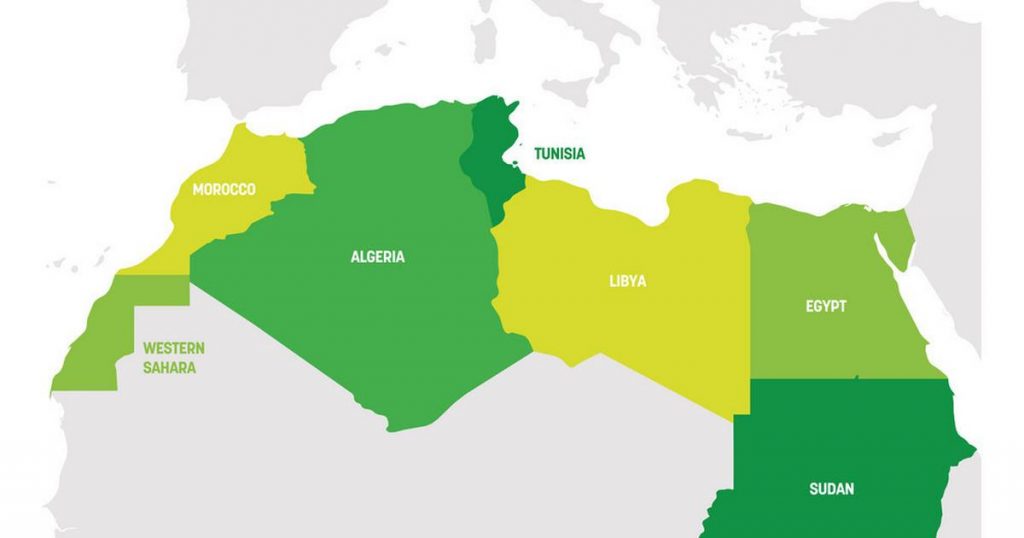The reason to consider Turkey is because, as we move into a time of increased uncertainty, and with the power vacuum left by the United States, I believe Turkey will once again become a key player. Not many Westerners seem to consider Turkey, which I find odd given its geographical location. Given that I’ll be there by the time you read this, let’s spend a wee bit of time on some thoughts on how it may fit into this new world being formed.
The shift towards a more friendly stance towards Russia and indeed China came back when the US invaded Iraq in 1991.
This was the first Iraq war, designed to reverse Iraq’s invasion of Kuwait.
For Turkey, this war carried potentially dire consequences for Turkey’s national interests. With heightened concerns that Turkey could face a flood of Iraqi Kurdish refugees or that Kurdish terrorists could exploit a political vacuum in Iraq, Turkey’s insufficient impact on events near Turkey’s borders highlighted the future possibility that Turkey could be left to fend for itself in the Middle East and the Mediterranean basin. NATO was ostensibly designed to stop the communist Russia expansion while any threats to Turkey’s national interests that come from South of Turkey’s borders (the Kurds) seemed to hold no protection for the Turks.

It was at this point that we began witnessing a diversification of security partners. The stark reality of a U.S. hard power presence operating directly opposite Turkey’s southern borders, potentially counter to Turkey’s vital national interests was too much for them. This was when we began seeing Turkey cultivating deeper strategic relationships with US rivals.
I think it must have been clear to Ankara that their membership of NATO was for the benefit of the US and Brussels (where it suited them). But in terms of Ankara’s own national interests NATO was and is a dead duck. This is why Erdy has been using NATO as a means to simply fund a vast military buildup of Turkey’s armed forces. Turkey, it must be remembered, receives billions from NATO for military spending each year.
Now, let us look at what they’ve been doing with those Western (likely yours and mine) taxpayer dollars over the last decade or two.

Did you know that Turkey opened 26 embassies in Africa from 2010 to 2016. You read that right — 26! It also made parallel efforts in the Indo-Pacific through commercial and defense initiatives with Pakistan and Malaysia.
Then there are the friendships developed with Qatar and the April 2016 opening of Turkey’s $39 million Tariq bin Ziyad base. Turkey then proceeded to open Turkey’s military facility in Mogadishu, Somalia on 30 September 2017. This is a $50 million, four km2 base and it is the largest training facility outside Anatolia, expected to train 10,000 Somali troops. The Turkish military is able to house assets there for its own naval, air, and ground forces. Turkey’s base provides Ankara with a position reasonably close to the Gulf of Aden, the eastern entry into the Red Sea critical for the operation of the Turkey-Qatar partnership. With the addition of the Mogadishu base, Turkey has established Sea Lines of Communication (SLOCs) extending from its Mediterranean coast through the Red Sea-Gulf of Aden corridor to the Horn of Africa, and from the Horn to Qatar in the Persian Gulf.

You may recall that I have always kept banging on about energy security and that geopolitical vacuums will be filled. How they get filled will lay the groundwork for the next 50 to 100 years if history is anything to go by. We are right now at ground zero level of these changes taking place. What an exciting time to be alive!
If Turkey begins influencing or even controlling these shipping routes, we can expect the terms of trade to begin to be reflected in the favour of Turkey.
Moving South into Northern Africa, Turkey has staked an important position in Algeria with $3.5 billion in investments, making Turkey one of the top foreign investors in Algeria.
Relations between Turkey–Algeria
According to Erdogan:
one of our strategic partners in North Africa,”
“Algeria is one of Turkey’s most important gateways to the Maghreb and Africa.
Why Algeria? Looking at a map it would create a commercial corridor for transportation. Given that trade between the two countries is pretty small at only $5.1 million in exports I think this is what Turkey is after. The shipping corridor.

I don’t mean to bore you with minutiae geopolitical details, so what does this all mean? From where I sit it simply means that Turkey is ambitiously attempting to carve out some level of military and hence economic power in the Mediterranean and North Africa. What I’ve always felt was that given its very important geographical location at the end of the Eurasian continent it has the potential to become a more not less important player over the coming decade. All indications are that they are angling towards doing just this.


This Post Has 2 Comments
Thanks to NATO (and Putin), my large chunk of war stocks should do well for the next 20 years.
Turkey is playing a VERY dangerous game while run by a megalomaniac (a Putin clone if you like but without the actual strategic weight i.e. nukes).
There will be a time in the following years that it will have to choose between the West or the East. What do you think that choice might be?
Also, when the war inevitably happens between the two sides, Turkey will be right in the middle of it.
So, I would say short term yes, medium term maybe?, long term hell NO!